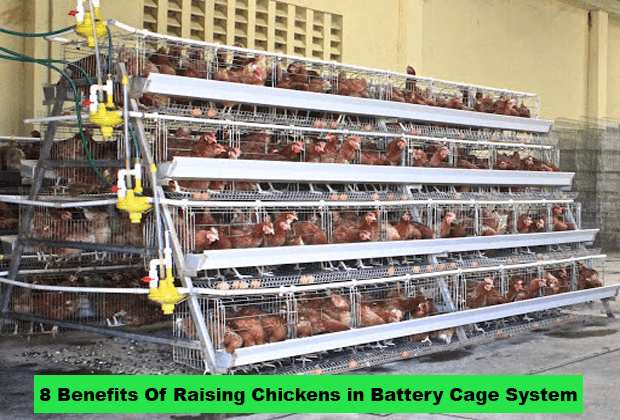Simple Ways to Maintain Profit During Livestock Feed & Drug Price Hikes
Welcome to Nagro, In this article, we have compiled simple ways farmers can maintain profits during livestock feed and drug price hikes, so keep reading.
This is an evident and obvious problem caused by unfavorable climatic changes, the recent global pandemic, low soil productivity, and increased rivalry for food between humans and farm animals.
The disadvantage of rising feed and other input costs is that it raises production costs and diminishes producer earnings. This is the present difficulty that livestock farmers face, particularly in Nigeria.
This situation has deteriorated to the point where many farms have had to close due to losses. Some poultry farm owners have moved on to other ventures, leaving the industry to people who can handle it.
Trying to break even is even more difficult because most clients are unwilling to pay higher costs for our farm commodities such as chickens or eggs. As a result, they relocate to other farms that are willing to sell to them at outrageously low costs.
Also Read Top 40 Agriculture Business Ideas for Aspiring Entrepreneurs
Simple Ways to Maintain Profit During Livestock Feed & Drug Price Hikes
Below are simple ways to maintain high profits during livestock feed and drug price hikes
- Sell less productive animals to reduce your stock
- Start milling the feed yourself
- Purchase feed ingredients in bulk
- Improve the worth of your product
- Reduce your workforce size
- Improve your management strategies
1. Sell less productive animals to reduce your stock
Reducing the number of birds is a difficult decision, but it is a necessary one if you want to keep your farm going. The idea behind this is that the fewer animals you keep, the less money you spend on feeding them. If things become very bad, sell roughly 30% of your animals, especially the less productive ones, and utilize the cash to cover your expenses.
2. Start milling the feed yourself
The primary reason for self-forming and milling animal feeds is to lower feeding costs. Although this comes with its own set of charges, you will need to purchase machines such as a hammer mill (crusher), and mixers, and build a shop or warehouse to store supplies and processed feeds. However, in the long run, it is profitable. Don’t switch from buying ready-made feeds to grinding the feed yourself unless you have a large number of animals, access to high-quality feed ingredients, and the efficacy of the formulated feed has been proven.
3. Purchase feed ingredients in bulk
When you buy feed or feed ingredients in bulk or in big amounts, the merchant or supplier will usually give you a substantial discount. Some even provide free delivery, allowing you to save money. So, if you can afford to buy feed ingredients in bulk and have a suitable storage facility, go ahead and do it. You will be able to save money.
4. Improve the worth of your product
The most important thing is to make a profit after selling your farm produce, and extra earnings can be made by adding value to existing products. For example, if you raise meat chickens, you can add value by simply preparing and packing the birds. This raises the value of your product and allows you to make more money.
Also Read Benefits Of Fermented Feed To Chickens, Preparation And Feeding
5. Reduce your workforce size
You should proceed if reducing the number of farm attendants is the best option for keeping your farm operational. Remember that when it becomes difficult to pay wages and salaries, some employees will resign or depart with little or no notice. If shrinking is the way to go to cut operating costs, you’ve done well.
6. Improve your management strategies
Poor animal management will result in you spending more money on treatments or medications, litter materials, gas, consulting, and energy. On your farm, take agricultural hygiene and sanitation seriously. Biosecurity measures must be implemented to protect both you and your animals. To limit the frequency of litter changes, avoid overcrowding and water spills. Vaccinate at the appropriate time to limit the likelihood of disease outbreaks and to avoid feed waste in the feed mill or in the pen.
Conclusion
If your farm is your only source of income, you must take all reasonable steps to ensure that the business is profitable in order to maintain it. The aforementioned advice will go a long way toward helping you maintain your poultry business’s profitability as well as its ability to endure in this period of ongoing rises in the cost of feed and medications.


